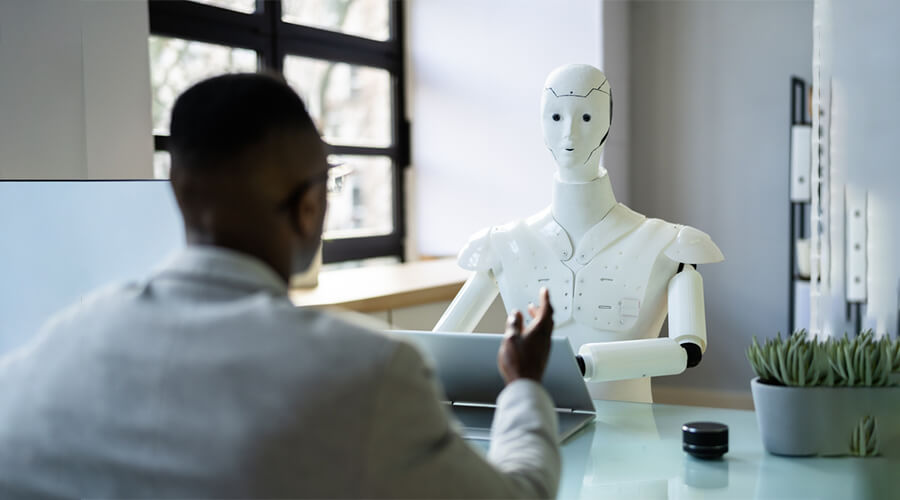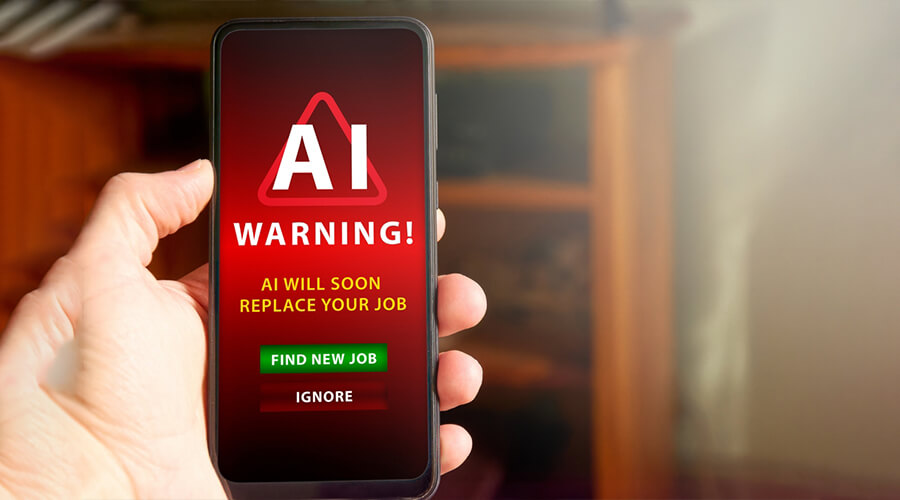The Fourth Industrial Revolution has ushered in an era of profound transformation, powered in large part by advances in artificial intelligence (AI). As with previous industrial revolutions, one area where this wave of change is particularly palpable is the job market.
A prevailing narrative around AI is the fear that it will replace human jobs, rendering many redundant in the face of increasingly intelligent machines. Indeed, certain roles, particularly those involving repetitive, manual tasks, are becoming automated. From self-service checkouts in supermarkets to chatbots managing customer inquiries, examples of AI-driven automation are increasingly common.
However, this is only part of the story. While AI is undoubtedly causing disruption, it is also creating new opportunities and driving job transformation rather than job elimination. This perspective, grounded in a human-centric worldview, offers a more nuanced understanding of AI’s impact on employment.
Firstly, AI is creating entirely new roles. As the technology develops, there’s a growing demand for AI specialists who can design, maintain, and improve these systems. This extends beyond pure tech roles, too. Ethical officers, for instance, are becoming more crucial as businesses grapple with the moral and societal implications of AI.
AI also augments human capabilities, allowing us to perform our roles more effectively and efficiently. By taking over mundane tasks, AI frees up time for employees to focus on higher-value, more strategic work. In the healthcare sector, AI can analyze radiology images, enabling doctors to focus more on patient care. In marketing, AI can sift through massive customer datasets, leaving marketers to focus on creative strategy.
This shift will undoubtedly require a transformation of skills. There will be a growing need for digital literacy, data analysis, and human-machine interaction skills. Consequently, organizations and educational institutions must prioritize reskilling and upskilling efforts to prepare the workforce for this new era of employment.
Furthermore, we must ensure an equitable AI-driven job market. This means addressing algorithmic biases that can perpetuate inequality and ensuring access to AI education across diverse demographic groups.
In conclusion, while AI is changing the job landscape, it’s important to remember that we are not passive spectators of this transformation. As we navigate this new era of employment, our challenge is to steer AI in a way that enhances human work, creates new opportunities, and builds a fair and inclusive job market. It’s a challenge that, if met successfully, could lead to a future of work that’s more fulfilling, balanced, and equitable than ever before.



